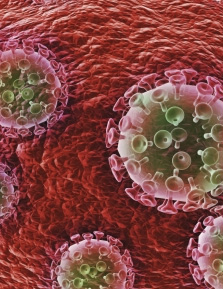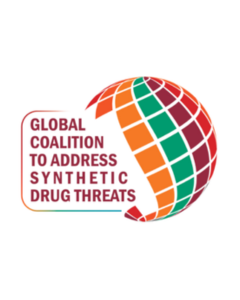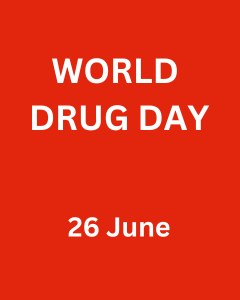The British Medical Journal has called for the legalisation of illicit drugs for the first time.
Prohibition laws have failed to curb either supply or demand, reduce addiction, cut violence or reduce profits for organised crime, the journal argued, saying the so-called ‘War on Drugs’ had been a failure.
It said the ban on the production, supply, possession and use of some drugs for non-medical purposes was causing huge harm.
“There is an imperative to investigate more effective alternatives to criminalisation of drug use and supply,” the BMJ said in an editorial.
The paper’s editor-in-chief, Dr Fiona Godlee, and features and debates editor, Richard Hurley, pointed to the fact drug use has grown substantially worldwide, with a quarter of a billion adults worldwide having potentially taken illegal drugs such as cannabis, cocaine or heroin in 2014.
In the UK, a quarter of 15-year-olds may have taken illegal preparations of unknown quality and potency.
The BMJ said some countries have already removed criminal penalties for personal drug possession.
For example, Portugal replaced criminal sanctions for drug use with civil penalties and health interventions 15 years ago, while the UK’s new Psychoactive Substances Act criminalises the supply but not the use of synthetic drugs.
Some US states such as California have legal cannabis markets and the Netherlands has tolerated regulated cannabis sales for years.
The editors called for doctors to be at the centre of the debate on alternative policies to promote health and respect people’s dignity.
“Health should be at the centre of this debate, and so, therefore, should healthcare professionals,” they argued.
“Change is coming, and doctors should use their authority to lead calls for pragmatic reform informed by science and ethics.”
They urged the Government to reschedule cannabis for medical use and review policy on heroin-assisted treatment, which they said had shown positive results in Switzerland, such as a decline in drug use and crime and improvements in health and rehabilitation.
The Parliamentarians also called for an end to criminal sanctions for the personal possession and use of all drugs.
“British politicians should seriously consider introducing a version of the Portuguese model in the UK, involving a significant transfer of resources from criminal justice to treatment services,” they said.
They added that steps towards decriminalisation in the UK have already begun, with the Psychoactive Substances Act 2016, and argued changes to drug prohibition “could be good for the UK”.
Ruth Dreifuss, former President of Switzerland and chair of the Global Commission on Drug Policy, said the need for more effective and humane drug policies was more urgent now than ever.
She argued the idealised notion of a “society without drugs” was an unattainable fantasy and said reforms must prioritise issues of public health, social integration and security, while respecting human rights and judicial process.
Decriminalisation can and must go further, she added.
In an upcoming report, the Global Commission will call for governments to regulate all illicit drugs, which it says would curb a massive revenue for organised crime worth an estimated $320bn.
Read original article at “British Medical Journal calls for legalisation of drugs”, The Independent, 15 November 2016




